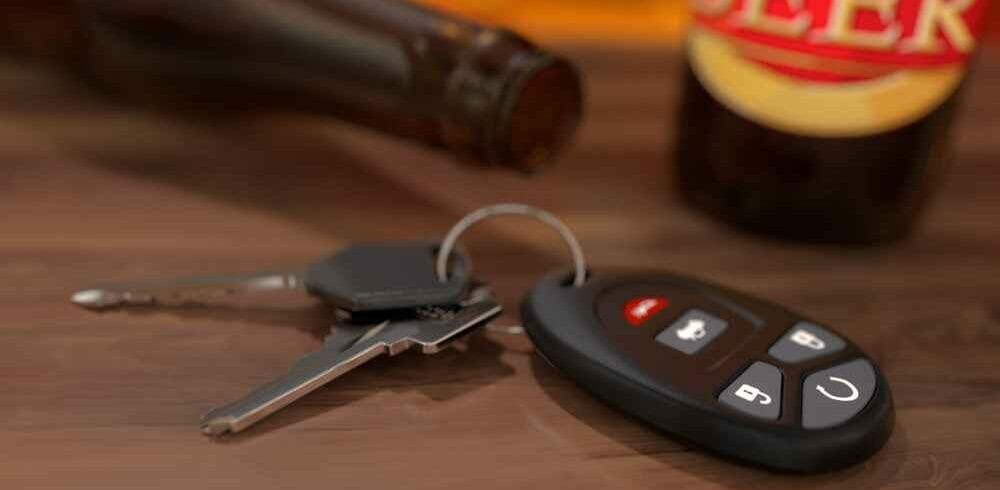How Police Investigate DWI Cases

Wondering how police investigate DWI cases? If an officer pulls you over and charges you with a DWI, you might wonder why. What happened to make them think you were drunk driving? How do they determine a driving while intoxicated (DWI) charge?
Across the country, local jurisdictions make DWI arrests a high priority. They want the roads to feel safe and enforce these laws as written. Still, while laws vary from state to state, the procedures tend to stay the same. This carries across identifying, investigating, and arresting drunk drivers.
How do police officers investigate DWIs, though? Let’s take a look.
The NHTSA Guide for How Police Investigate DWIs
The National Highway Traffic Safety Administration (NHTSA) has policies, standards, and guidelines for DWI investigations. Moreover, they provide both training and instruction materials to law enforcement agencies across the nation.
Per the DWI Detection and Standardized Field Sobriety Test Manual, an officer follows three phases as they investigate a drunk driving case.
The First Phase: Vehicle in Motion
Oftentimes, officers initiate this phase when they observe a driver make a clear traffic violation. Per police training, the infraction varies. From swerving over lane dividers to excessive speeding (or slow driving), there are a variety of reasons for police to pull someone over.
For instance, a police officer observes someone stop abruptly at a stop sign. When they deem this as strange behavior, they might follow a vehicle. Still, to constitute probable cause, they need more reason to pull someone over.
The Second Phase: Contact
In phase two, the officer makes contact with the driver. This adheres to the guidelines for any traffic stop. Typically, officer training sees them ask for the required documentation. This includes your driver’s license and insurance information.
Then, they begin a soft interview. For example, they might ask about prior locations or activities. In doing so, they also observe your speech and behavior for signs of impairment.
- Slurred speech
- Bloodshot eyes
- Smell of alcohol
- Presence of alcohol (open containers)
When their observations lead them to believe there’s a DWI, they move into phase three. As you can see already, there are procedures and requirements in place for how police investigate DWI cases.
Related Reading: DWI Traffic Stops: What Are My Rights?
The Third Phase: Pre-Arrest Screening
In phase three of their DWI investigation, the officer typically administers a standard field sobriety test. These tests include the following.
- Horizontal Gaze Nystagmus
- One Leg Stand
- Walk and Turn
In the horizontal gaze test, the officer looks for certain eye twitches as you watch something. This is an example of how they identify impairment further. When the officer puts together a certain amount of evidence, the guide suggests they now have probable cause.
How police investigate DWI cases for an arrest is very important. When you engage a DWI defense attorney, they look through the procedures followed and evidence gathered for legitimacy.
After a DWI Arrest: How Police Investigate DWIs Matters
When they arrest you for drunk driving, how police investigate DWI in your case becomes essential information. If law enforcement officers accuse you of a DWI, it’s important to act quickly. Engage a DWI lawyer as soon as possible.
When you act quickly, you have the opportunity to save your driver’s license and protect your future. Your attorney investigates the circumstances of your arrest to find weaknesses in their case against you. From there, they pursue the best possible outcome in your case.
When you need an advocate on your side, contact a trusted lawyer to fight for your future.










